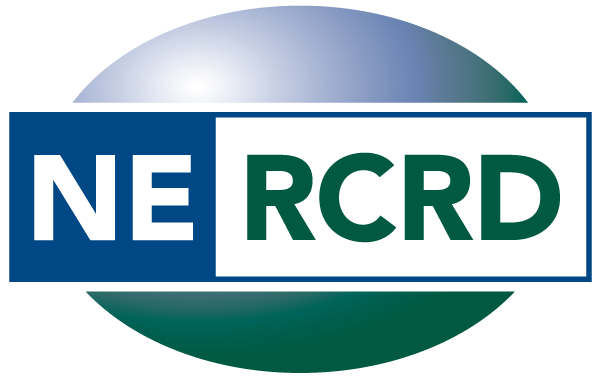
New report examines Land-Grant University capacity to support outdoor recreation economies
October 15, 2024
A new report sheds light on the readiness of Land-Grant Universities (LGUs) to support the development of outdoor recreation economies around U.S. national forests, and identifies the places best positioned to allocate resources for recreation economy programming. It draws on an assessment conducted earlier this year by West Virginia University Rural Tourism Specialist Doug Arbogast in partnership with the National Extension Outdoor Recreation Working Group (NEORWG) and the Regional Rural Development Centers (RRDCs).
“In 2022, the USDA issued a memorandum of understanding that positions the outdoor recreation economy as one of the agency’s top priorities. However, questions remain about the capacity of our nation’s LGUs to support this work in communities as recreation and tourism has not historically been a priority programmatic area for Extension,” said Arbogast. “We conducted this national assessment to address these questions, and our findings clearly indicate that significant opportunities exist for the Cooperative Extension System and LGU researchers to partner with communities to grow their recreation economies sustainably.”
Arbogast developed a survey with input from NEORWG members and the RRDCs, who helped distribute it to LGUs in states with a national forest, specifically targeting Extension leaders in the Community Development program area. Responses were collected from May –June 2024. The survey included questions designed to explore Extension’s current and potential capacity to support a recreation economy development process, current and potential research opportunities related to the recreation economy, and what additional Extension and research activities could be conducted with additional funding.
The survey received 42 responses from LGUs around the country, which indicate broad interest in providing educational, research and technical assistance resources to help with recreation economy planning, but that capacity varies considerably across states and regions and external funding is needed to activate these resources broadly across the country. For example, while 14 LGUs reported that they are already engaging with their national forest gateway communities, twice as many reported that while they have interest in providing recreation economy programming and research, they are unable to leverage these resources without external funding to increase Extension and research capacity.
Arbogast and West Virginia University colleagues mapped the survey findings along with locations of U.S. Forest Service and USDA Rural Development offices, to identify where synergies among LGUs and USDA agencies could be nurtured to achieve successful recreation economy partnerships.
As one of the few dedicated rural tourism specialists in the national Cooperative Extension System, Arbogast has first-hand experience developing such. In 2017, he and colleagues at West Virginia University and the Monongahela National Forest began engaging stakeholders in ten gateway communities around the Monongahela National Forest in West Virginia to create a shared recreation vision for the region surrounding the forest.
“Developing the relationships in the ‘Mon Forest Towns’ project and the subsequent planning, research, and capacity-building activities has enhanced the economy and quality of life for residents and visitors, and has brought in over $8 million in additional funding to grow the recreation economy in the region to date,” said Arbogast. “My hope is that this report will help motivate other LGUs to embrace opportunities to engage with their forest gateway communities on similar projects.”
The national assessment was funded by a New Technologies in Ag Extension grant awarded to West Virginia University Extension Service by the Extension Foundation. It complements the work of the NEORWG, which Arbogast co-chairs with Utah State University’s Jake Powell. The NEORWG is an initiative of the National Extension Tourism Network and was convened in partnership with the Regional Rural Development Centers to develop a shared strategy and collaborative network for Extension programming related to the outdoor recreation economy.
Learn more about the National Extension Outdoor Recreation Working Group, the Regional Rural Development Centers, and the Mon Forest Towns project.
